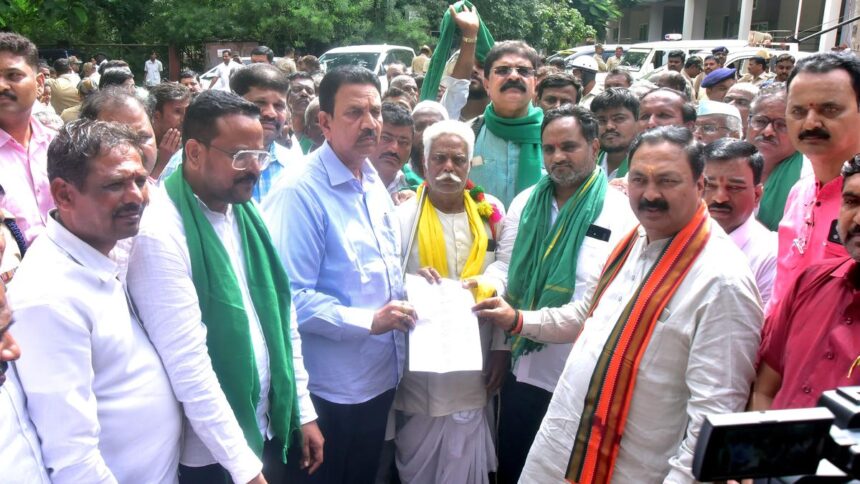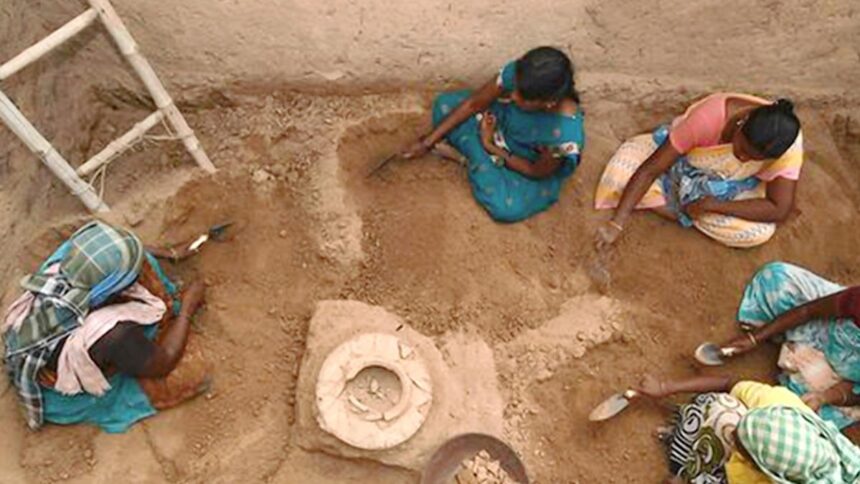
The Sterlite Copper plant in Thoothukudi, which was shut down in 2018. File
| Photo Credit: N. Rajesh
A two-member expert committee, engaged in preparing a report for mining company Vedanta, has recommended a “green restart” of its Sterlite Copper smelter plant in Thoothukudi, Tamil Nadu.
The report, prepared by Ganapati D. Yadav, emeritus professor and former Vice Chancellor, Institute of Chemical Technology, Mumbai, and R. Nagendran, retired Professor of Environmental Engineering, Anna University, Chennai, and former expert member, National Green Tribunal (NGT), proposes the plant can resume operations under stricter environmental regulations and with a more sustainable approach to production.

The company said its representatives recently handed over a copy of the report to Chief Minister M.K. Stalin.
The Sterlite Copper plant in Thoothukudi was shut down in May 2018 after prolonged protests by locals and activists, which escalated following a police crackdown on an anti-Sterlite rally that led to the deaths of 13 civilians.
Key recommendations
Key recommendations of the expert committee include the adoption of a hybrid production model, which would see 30% of the copper produced through recycling, significantly reducing slag generation by 15% and hazardous waste by 40%.
“The hybrid production model is expected to significantly reduce the environmental impact. Specifically, the use of recycled copper would lower the need for copper concentrate processing, which is the primary source of slag generation in smelting operations. Since recycling eliminates the ore-to-metal conversion stage, the generation of slag will be much less,” the report states.

Further, the report proposes the closure of the phosphoric acid plant, which will reduce bulk material handling and environmental impact by eliminating 22 lakh tonnes per annum of materials. The committee also recommends advanced emission controls, such as increasing stack height and improving gas capture systems.
To minimise freshwater consumption, the report suggests increasing the use of desalinated water to 80%, recycling 100% of the process water, utilising municipal wastewater (3000 m³/day) and sharing treated water with nearby villages, to enhance community goodwill.
To ensure transparency and community welfare, the report says, the plant’s reopening would include the formation of a Local Management Committee, composed of community, panchayat, and plant representatives. It also suggests creating a ₹100-crore corpus with Corporate Social Responsibility (CSR) funds for schools, hospitals, women and youth skilling, and environmental improvements.
Published – July 04, 2025 01:39 pm IST




















